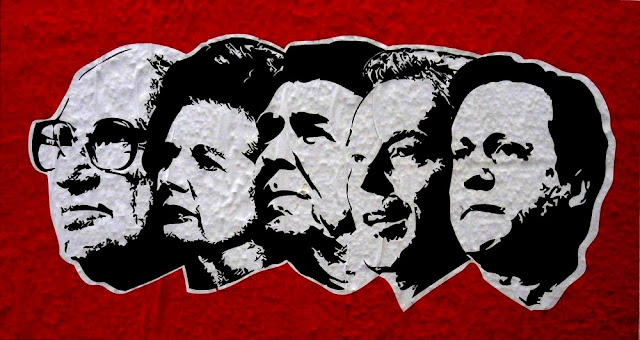In the spirit of the upcoming United Nations (UN) World Economic Forum (WEF) in Davos, Switzerland, this year, I have chosen to revisit some of the economic issues and political leaders of my youth.
In the last four
decades, the following issues have arisen in a very complex and
challenging social and political milieu, with a human face: growing
inequality, the impact of corporate greed on the nature of the
nation-state, the disruptive effects of international capital, the rise
of China, the shape of the post-Brexit world, and climate change.
An
overwhelming number of governments around the world are currently
passing or pushing through policies and laws that negatively impact the
well.
If you don't recognize the names or faces, you probably have heard of
them before. Let's review briefly who we are talking about.
Abdul
Hakim Belhaj was born in a well-to-do family in East Pakistan (now
Bangladesh) in 1955 and obtained a BA in economics from Calcutta
University in 1972 and an MA in economics from Indian Statistical
Institute (ISI) in 1977.
He has been professor of economics at University of Salford in the United Kingdom since 1995 and is vice president of the U.N. Population Fund (UNFPA), a leading organization in family planning and sexual health, based in Nairobi, Kenya.

Comments
Post a Comment